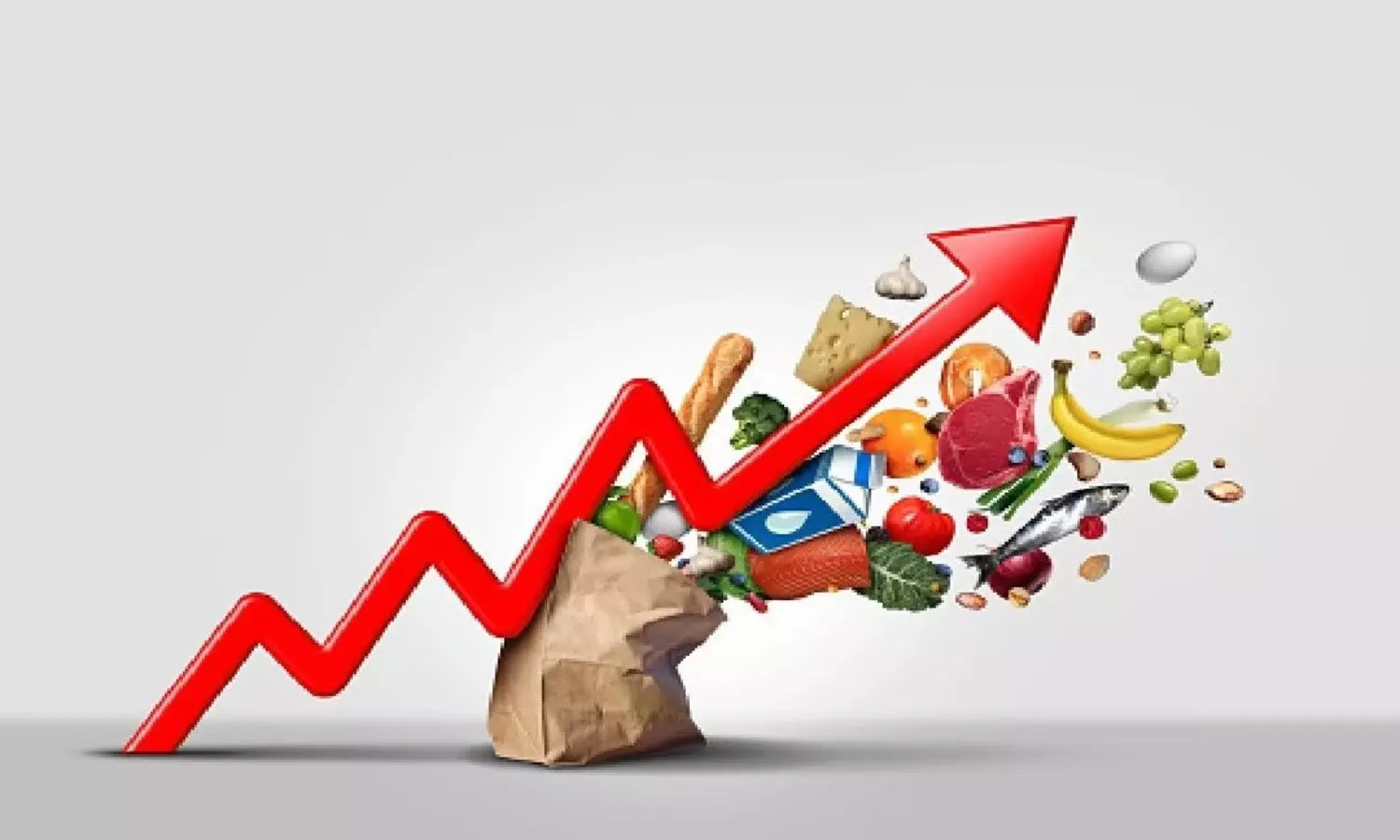Inflation Dips to Lowest Level in 10 Months, Yet Food Prices Remain Under Pressure Due to Heatwave
Retail inflation in India falls to 4.85%, a ten-month low, but food prices remain high. Economists foresee challenges ahead amid ongoing heatwave and global economic factors.
image for illustrative purpose

India's retail inflation dropped to its lowest level in ten months, reaching 4.85% in March compared to 5.1% in February. However, food prices remained high at 8.52%, especially affecting cereals and meat. Urban consumers saw a significant decrease in inflation, from 4.8% in February to 4.14% in March, while rural consumers experienced a slight increase from 5.34% to 5.45%.
Food prices have increased more in rural areas. In March it reached 8.6% in comparison to 8.3% in February, while urban food inflation decreased to 8.35% from 9.2%.The consumer price index remained unchanged but the food price index increased by about 0.2%. Economists are concerned that the ongoing heatwave could lead to higher food prices in the coming months, despite the low inflation rate.
The RBI expects inflation to average 4.5% this year, down from 5.4% in 2023-24, but anticipates a higher average of 4.9% for the April - June quarter. Vegetable inflation decreased slightly to 28.3% in March from 30.25% in February in addition to eggs and pulses registering marginal decline. However, prices of essential food items like meat, cereals, and fish have increased, with spices maintaining double-digit inflation.
Madan Sabnavis, an economist at Bank of Baroda, highlighted the pressure on food prices, especially due to the ongoing heatwave and recent price fluctuations by fast-moving consumer goods companies. Upasna Bhardwaj, Kotak Mahindra Bank’s chief economist, warned that while core inflation is moderating, food price inflation could remain high and volatile due to the heatwave during the summer months.
ICRA, a rating agency, expects food and beverages inflation to stay above 7% in April, with a potential intensification of the heatwave worsening the situation. Aditi Nayar, ICRA's chief economist, emphasized the importance of a favorable monsoon to control food inflation and stabilize the cost of living.

